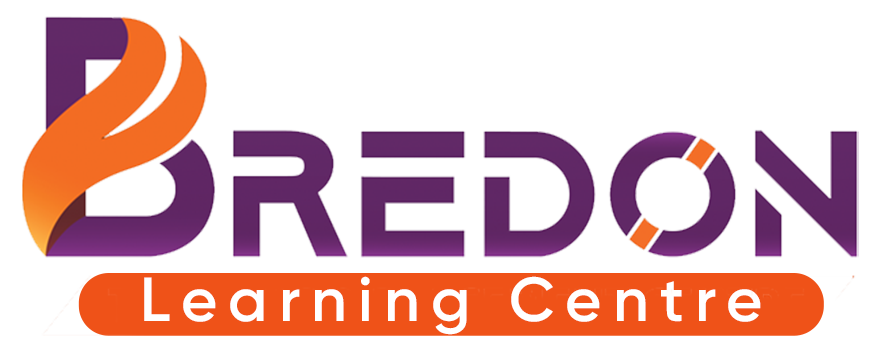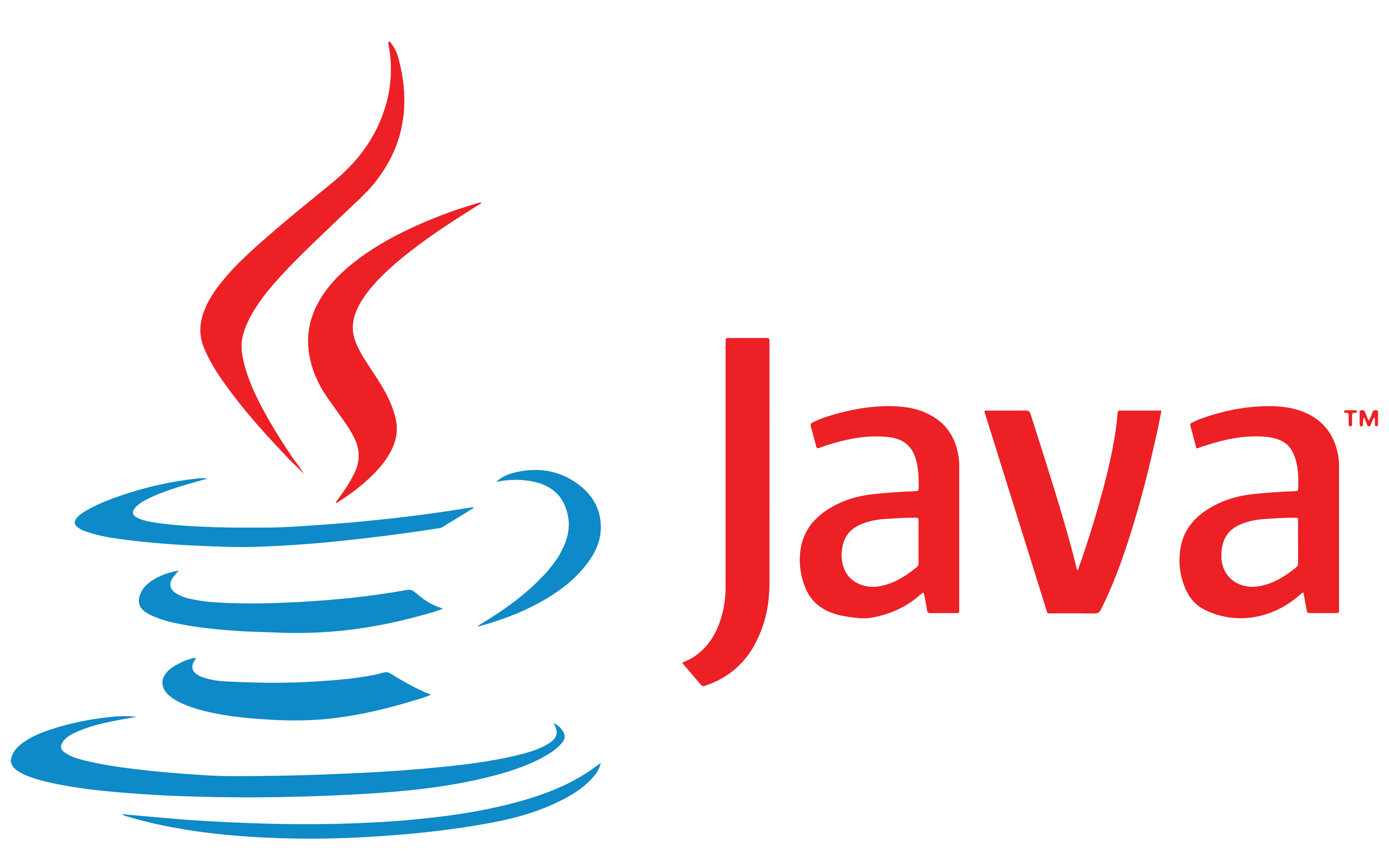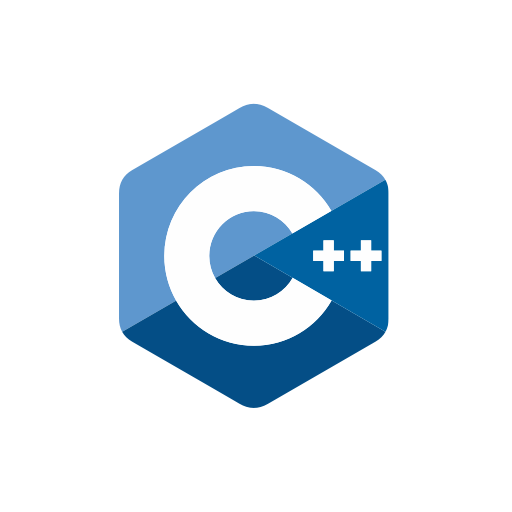

For more information. Please Fill this form.






Programming languages serve as formal systems for programmers and developers to communicate instructions to computers through code. This code, written in a language tailored for computer interpretation, facilitates the execution of various tasks, allowing for the creation of diverse software applications and functionalities.
Programming languages, such as C, C++, Java, and Python, serve as the linguistic foundation for developers to articulate intricate instructions for computers. In C and C++, the emphasis lies in low-level memory management, enabling precise control over system resources. Java, with its object-oriented paradigm, offers a robust platform-independent framework for large-scale applications. Python, known for its simplicity and readability, facilitates rapid development and is prominent in fields like data science and automation.
These languages, each with its unique syntax and strengths, empower developers to choose the best tool for a given task. C and C++ excel in performance-critical scenarios, Java in enterprise-level applications, and Python in domains requiring rapid prototyping and readability. The continual evolution of these languages reflects the dynamic nature of the technology landscape, ensuring that developers have a diverse toolkit to meet the evolving demands of the digital era.

Java's object-oriented nature facilitates modular and scalable code, making it ideal for intricate software systems. Renowned for its "Write Once, Run Anywhere" capability, Java has a vast standard library, reducing the need for developers to code from scratch. Widely adopted in enterprise applications, Java continues to evolve, ensuring its relevance in modern programming landscapes.
Python, designed by Guido van Rossum, is a high-level, interpreted language lauded for readability and versatility. It finds wide applications in web development, data science, and AI. Python's rich library ecosystem, featuring tools like NumPy and TensorFlow, accelerates development with pre-built modules. Its beginner-friendly syntax makes it accessible to both new and experienced programmers, contributing to its widespread popularity.


C, born in the early 1970s, is a low-level procedural language famed for efficiency and direct hardware control. Widely used in system programming, its influence extends to modern languages. With a simple, portable design, C remains foundational, particularly in concise and powerful operating system development. Valued for speed and versatility, C seamlessly integrates with assembly language for optimized performance.
C++ extends the capabilities of the C programming language with robust support for object-oriented programming (OOP). Developed by Bjarne Stroustrup in the early 1980s, it introduces classes and key OOP principles like encapsulation and inheritance. Widely used in game development and system software, C++ combines the efficiency of C with powerful abstraction for versatile applications. Its ongoing evolution ensures continued relevance in modern software development.
